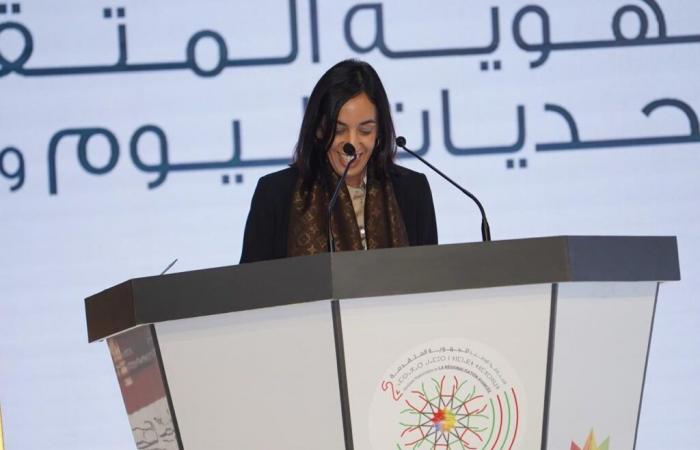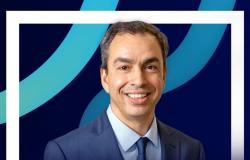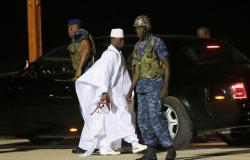It is under the theme of “Advanced Regionalization: Between the Challenges of Today and Tomorrow” that the second edition of the National Conference on Advanced Regionalization opened this Friday in Tangier. This event demonstrates Morocco’s desire to strengthen decentralization and anchor regional development as a pillar of the new model of national growth, recalled Mbarka Bouaida, president of the Association of Regions of Morocco.
At the opening of the proceedings, Mbarka Bouaida, president of the Association of Regions of Morocco (ARM) and president of the Council of the Guelmim-Oued Noun region, delivered a speech rich in perspectives. Welcoming the efforts of the Ministry of the Interior and the Association of Regions of Morocco for the establishment of this event, she insisted on the strategic nature of advanced regionalization, stressing that it constitutes “a central axis for building a new developmental model”.
Mbarka Bouaida recalled that this meeting is a continuation of the previous Conference, held in Agadir in December 2019. Five years later, the results are unequivocal: significant progress has been made, but challenges remain, requiring an acceleration of reforms and effective implementation of constitutional provisions. “It is necessary that the current mandate quickly activates the constitutional contents as well as Organic Law No. 1114 relating to the regions,” she said.
Read also: Abdelouafi Laftit details the challenges and ambitions of advanced regionalization
The president of the Association of Regions also highlighted the key role of the regions in the integrated and sustainable development of the country. According to her, advanced regionalization goes beyond the legislative or administrative framework, aspiring to “strengthen our system towards more local autonomy”. However, this ambition faces complex challenges linked to the need to qualitatively transform modes of territorial governance.
A strategic vision for 2030
Mbarka Bouaida also underlined the importance of a territorial approach as the foundation of the new development model. With more than a decade of experience in managing regional affairs, she recalled the efforts made to develop strategic documents supporting regional programs. The latter, validated by the Ministry of the Interior, mobilize a colossal envelope of 244 billion dirhams between 2022 and 2027.
“More than 80% of expenses are allocated to investments necessary for local industrial development,” specified Mbarka Bouaida, before welcoming the efforts in terms of transparency and increased openness towards all provinces of the Kingdom since 2022. These investments are part of the perspective of the Sustainable Development Goals (SDGs) by 2030.
Despite the progress made, Mbarka Bouaida called for legal clarification of regional skills in order to guarantee their effective application. She also insisted on the importance of an inclusive dialogue bringing together territorial institutions, economic actors, academic experts and civil society. “We must together strengthen our common future in Morocco by promoting regional achievements despite recent crises such as the Covid-19 pandemic or the Al-Haouz earthquake,” said-she declared with conviction.
The president of the Guelmim-Oued Noun region reiterated that advanced regionalization must above all respond to the concerns of citizens and improve their quality of life. She urged the participants to continue their efforts to make this reform a tool for profound transformation of Morocco, building on the achievements of recent years and meeting the challenges of an uncertain future.
The second edition of the National Conference on Advanced Regionalization thus promises to be a platform for dialogue and exchange, marking an important step in Morocco’s journey towards more efficient and equitable territorial governance.






